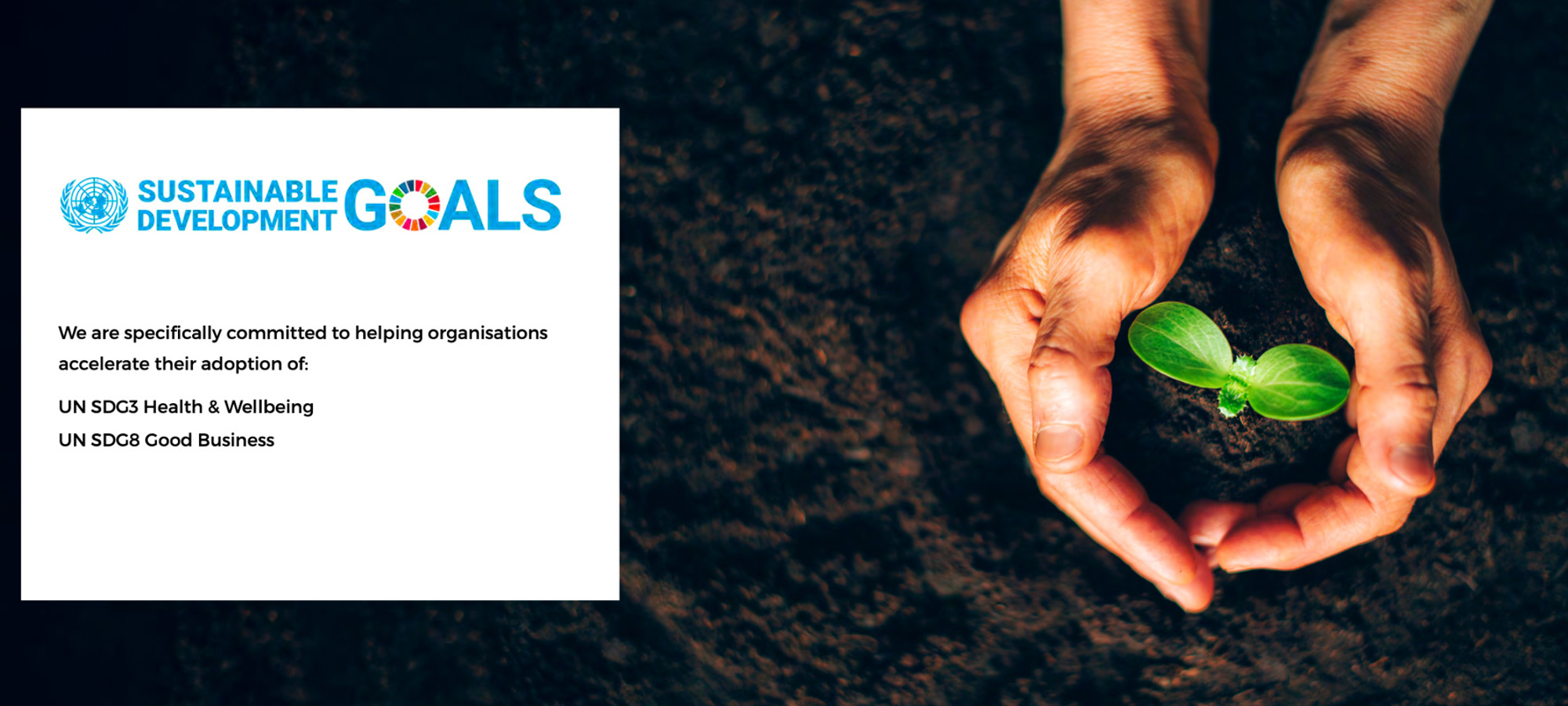What does sustainability mean?
If you grew up in the 80s and 90s, you probably realise that the concept of "sustainability" is not a recent trend. Remember ECO-92? Although the term "sustainability" may have gained prominence more recently, its fundamental principles have spanned history, appearing in various contexts and cultures.
Concern about the responsible care of natural resources and the preservation of the environment dates back to ancient civilisations. For instance, indigenous societies around the world held beliefs and practices that emphasised a harmonious relationship between humanity and nature, highlighting the importance of caring for the environment for present and future well-being. In essence: The concern to keep our planet preserved and show love for Mother Earth.
At the beginning of the 20th century, the environmental conservation movement gained momentum, with figures such as Theodore Roosevelt in the United States and John Muir contributing to the creation of national parks and protected areas. This recognition of the need to protect nature for future generations marked a fundamental shift.
Sustainable development, a concept that emphasises the integration of economic, social, and environmental dimensions, gained momentum in the 1970s and 1980s. The UN World Commission on Environment and Development, chaired by Gro Harlem Brundtland, defined sustainable development as development that "meets the needs of the present without compromising the ability of future generations to meet their own needs."
Subsequently, the term "sustainability" began to emerge as a versatile tool for addressing the intricate web of environmental and social concerns. This led international organisations, governments, and companies to adopt practices and policies aimed at sustainability. This included promoting renewable energy, conserving biodiversity, reducing carbon emissions, and implementing more equitable social policies.
However, you might wonder: where is the real essence of this rising term?
The core of sustainability goes beyond just being a buzzword. It delves into a deep interconnection between environmental preservation, social equality, and economic viability. This comprehensive approach aims not only to sustain our natural resources and reduce ecological impact but also to ensure a just and prosperous society for all. It involves:
- Environmental management: Promoting a responsible attitude towards the environment is the cornerstone of sustainability. It includes preserving biodiversity, mitigating pollution, wisely managing precious natural resources such as water and soil, and taking a stand against climate change. It's about recognising that our ecosystems are intricate systems in which every action creates ripples.
- Social equality: The field of sustainability extends to championing social justice, where equal access to opportunities and resources is a guiding principle. It emphasises respect for the rights and needs of individuals, regardless of their origin, gender, socio-economic status, or other attributes. A society where inclusion and equality reign supreme, ensuring that poverty is combated and that health, education, and well-being are universally defended.
- Economic viability: Sustainability aligns with long-term economic viability. It encourages business practices that balance profitability with environmental and social considerations. This approach values the idea that economic endeavours should align with enduring principles, benefiting the greater good beyond immediate financial gains.
- Innovation and adaptation: Sustainability drives innovation, inspiring new ideas and solutions to tackle complex challenges. The search for new technologies and processes is the fuel that propels sustainable evolution, minimising environmental impact and enhancing the quality of life overall.
- Collective responsibility: True sustainability is a collective endeavour. It requires individuals, communities, governments, and businesses to collaborate for a sustainable future. Each of us plays a pivotal role in shaping a world that values conscious choices and responsible actions.
In summary, the essence of sustainability embodies a tapestry woven from the threads of the environment, society, and the economy. It is a symphony of balance, orchestrating a brighter future for humanity and our shared planet. It invites us to come together, harmonise, and create a world and workplaces where flourishing coexists with conservation.

